A sense of abundance was palpable in more ways than one at the VIP opening of the 2023 edition of the European Fine Art Fair (TEFAF) in Maastricht, the Netherlands, on March 9-10. Kicking off the European art fair circuit, the encyclopedic art event, which runs until March 19, is back to its usual pre-pandemic timing and size, with over 270 exhibitors featuring Old Masters, antiques, jewelry, tribal art, modern and contemporary art, ancient art, and design.
In comparison to most other major art fairs, which almost exclusively focus on modern and contemporary art, the sheer amount of art history covered—some 7,000 years of artistic expression—is especially mind-boggling this year. The quality of jaw-dropping works on offer ranges from merrymaking drunkards in Brueghel’s crowded scenes and vibrant, dreamlike Chagalls to 17th-century trompe l’oeil, still-life masterpieces, often hung salon-style. As is tradition, TEFAF responded in kind for the preview days, with bubbling clouds made from bouquets of flowers foaming up to the ceiling and flowing champagne accompanied by seafood nibbles. For those lucky enough to snag tickets to the blockbuster, sold-out Vermeer exhibition in Amsterdam’s Rijksmuseum nearby, the dual events made for a thrilling exposure across centuries.
You are watching: The Best Booths at TEFAF Maastricht from Rediscovered Old Masters to a Collection of 160 Decks of Historical Playing Cards
Read more : Calendar of Events
Additionally, for some visitors, TEFAF presents a more serious venue for seeing—and ultimately buying—high-caliber art, compared to some of its competitors. Sylvain Cordier, head of European art at the Virginia Museum of Fine Arts, contrasted TEFAF to Frieze LA where “so many people are taking selfies and Instagramming everything—that wouldn’t happen at TEFAF. We’re here to work,” adding that for his focus, “TEFAF is essential.”
TEFAF hasn’t had it easy since the onset of the pandemic. It’s 2020 edition was the last in-person fair of the year, closing early after confirmed Covid cases from visitors. After an online edition in 2021, the fair returned in-person last June with fewer exhibitors than previous editions. It was also victim to a jewelry heist, suspected to be the work of the notorious Pink Panthers.
Read more : Dorking Christmas Festival: Town to be transformed into ‘magical winter wonderland’ with funfair and market
TEFAF chairman Hidde van Seggelen told ARTnews that following last year’s unprecedented theft, where “people came with so much violence into our space,” security measures have been heightened, including metal detectors at the entrance and more security personnel. Other than London’s Symbolic & Chase, the exhibitor that was robbed, all regular jewelry dealers returned, which is “proof that people trust us,” Van Seggelen said.
Though last year’s heist made headlines, security wasn’t as major of a conversation on the fairgrounds as was issues regarding provenance, restitution, and looted antiquities—three connected concerns. TEFAF is renowned for its stringent vetting of provenance, which reassures buyers, but in recent years debates around restitution of artworks to former colonies, primarily in Africa, and Indigenous communities, as well as heightened awareness around the risks of dealing in looted antiquities, have ramped up. While antiquities dealers often go through great lengths to ascertain an object’s provenance, the mood at TEFAF wasn’t one pushing for speeding up restitution efforts or cracking down on the antiquities trade. Nevertheless, Martin Clist, a director at London’s Charles Ede gallery, London, which sells Egyptian and Greek antiquities, said that increased scrutiny did help eliminate dealers “on the edges of the market who were turning a quick buck without necessarily paying much attention to authenticity or provenance.”
Below, a look at the best booths at the 2023 edition of TEFAF.
Source: https://antiquewolrd.com
Categories: Antique News
